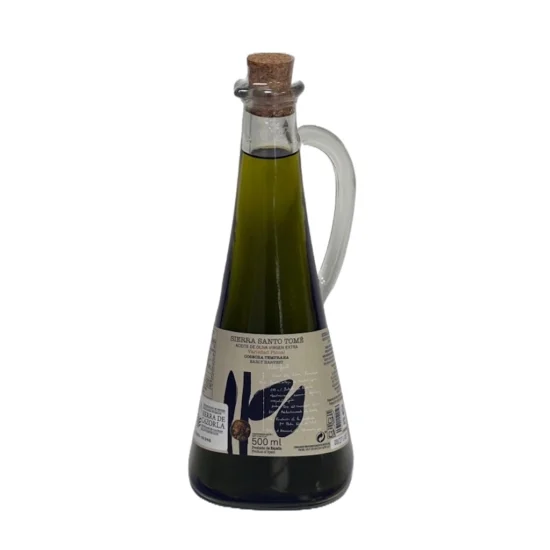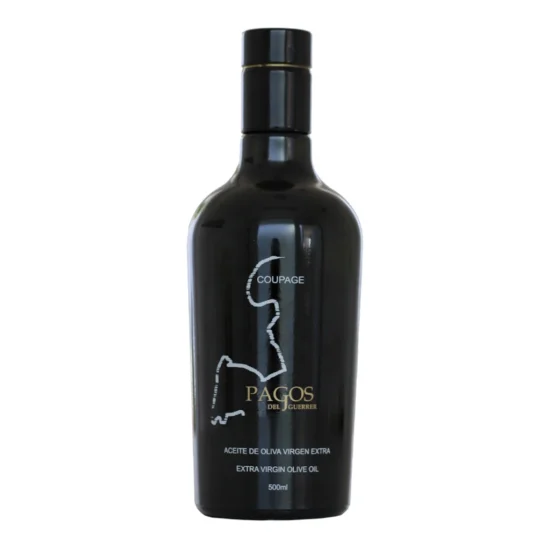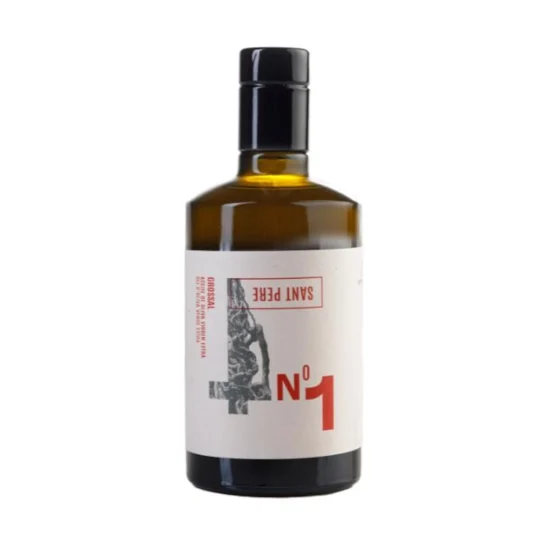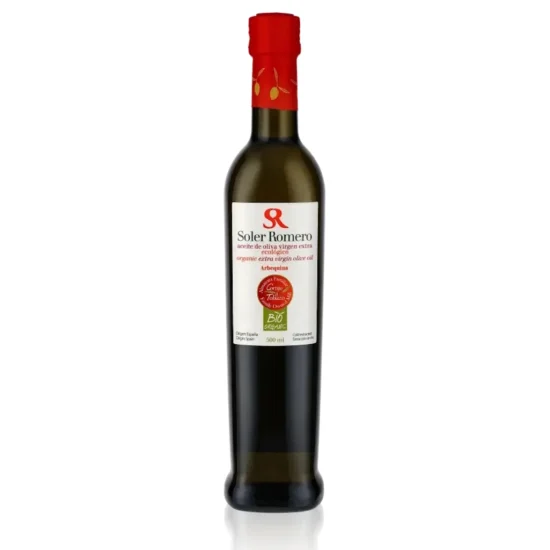
A research group called Olicomp3D, comprised of Andaltec, the Universities of Jaén and Cádiz, the company Matersia, and the Sierra Mágina Designation of Origin, has achieved significant progress in the development of sustainable packaging. They have managed to create an innovative material for packaging bottles of Extra Virgin Olive Oil (EVOO) using olive pruning waste and olive pits. This new material is combined with a polymer base and manufactured using 3D printing, a technique known as large-format additive manufacturing.
The Olicomp3D project aimed to revalue olive grove waste, a key sector in Andalusia. The idea was to transform pruning wood and olive pits, which are normally considered waste, into a valuable resource for creating packaging.
The presentation of the Olicomp3D results took place recently at Andaltec headquarters. At this event, representatives from each of the collaborating entities highlighted the importance of this project, which has received funding from the Ministry of Agriculture, Fisheries, Water, and Rural Development of the Regional Government of Andalusia.
Daniel Aguilera, manager of Andaltec, highlighted the consortium’s interest in utilizing olive grove waste to produce eco-friendly packaging within the same sector. Fran Navas, researcher at Andaltec, explained that the project lasted two years and expressed the hope of continuing to explore this line of research in future working groups.
Jesús Sutil, manager of the Sierra Mágina Designation of Origin, for whose promotional bottle this packaging was designed, emphasized that this packaging goes beyond simple design. For him, it represents a clear commitment to the circular economy and sustainability, integrating the inherent values of the land. These innovative cases have already been exhibited at major national fairs such as Salón Gourmet in Madrid, Salimat in Galicia, and Expoliva in Jaén.
The development of this new material has its origins in the European Life Compolive project, led by the University of Jaén and Andaltec. At that time, the use of olive grove waste as natural reinforcements in polymers was investigated, offering an alternative to synthetic reinforcements. These materials are attractive due to their lower density, lower cost, and inherent biodegradable nature, making them easier to dispose of.
The Life Compolive project focused on applications for the automotive and furniture sectors, demonstrating the technical feasibility of these developments. With Olicomp3D, the focus has shifted to the packaging sector, utilizing more modern manufacturing processes such as large-format additive manufacturing (LFM). It is important to note that other partners in the Operational Group, the University of Cádiz and Matersia S.L., had already used this manufacturing system to produce plastic parts from cork waste.
This project is fundamental for the olive sector. Its benefits are multiple:
Furthermore, Olicomp3D directly contributes to achieving the Sustainable Development Goals (SDGs) of the 2030 Agenda. By using waste that currently releases greenhouse gases and reducing dependence on fossil plastics, the project promotes the production of sustainable products and the creation of New business models in rural areas. It is specifically aligned with SDGs such as decent work and economic growth, industry, innovation and infrastructure, sustainable cities and communities, responsible production and consumption, and climate action.
The project has been funded by the European Agricultural Funds for Rural Development (EAFRD) and the Regional Government of Andalusia, through the 2020 call for the Operation of Regional Operational Groups of the European Innovation Partnership on Agricultural Productivity and Sustainability (EIP AGRI).
Andaltec is a technology center founded in 2003, specializing in lighting systems for automotive, automotive, and automotive lighting.Mobile phones, plastics in contact with food, prototyping, and sustainable plastic materials. It has a team of more than 120 professionals and a 10,000-square-meter headquarters in Martos, offering services to companies in more than 20 countries.
Important Note: aceitedelcampo.com promotes the consumption of extra virgin olive oil for its culinary qualities and health benefits. However, no medication or current treatment should be replaced without the guidance of a healthcare professional.




Subscribe and receive a coupon by email for your next purchase.